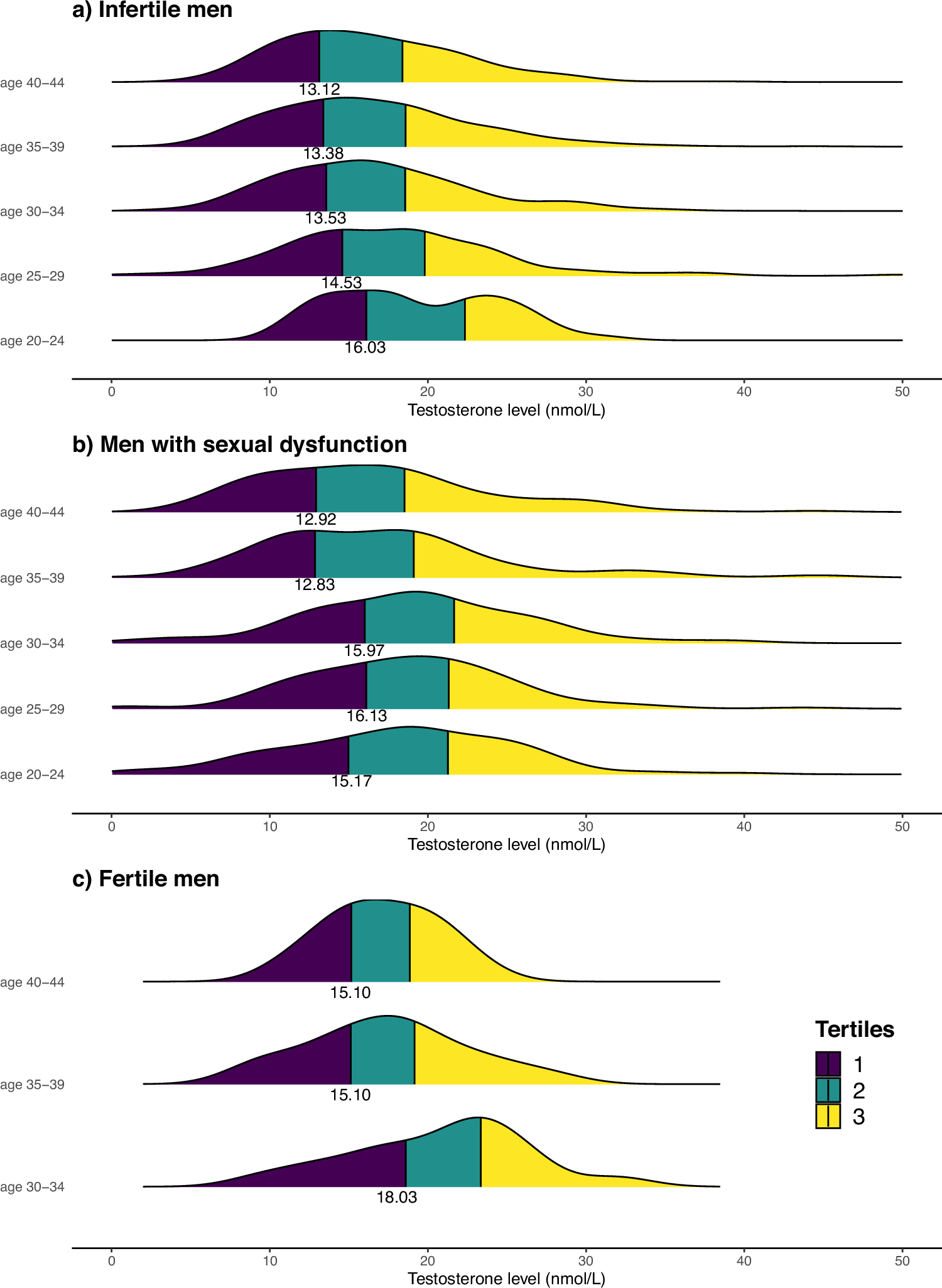Average Testosterone Levels Decline by Over 25% in Young U.S. Men Since 2000

Average testosterone levels in young men have seen a significant decline of over 25% since the turn of the millennium, according to recent research. This trend, highlighted by a tweet from "Boring_Business" asking, > "What has caused average testosterone to drop 30% since 2000?", reflects a complex issue with multiple contributing factors impacting male health globally.
A study published in 2021, utilizing data from the National Health and Nutrition Examination Surveys (NHANES), found that total testosterone levels in adolescent and young adult males in the U.S. decreased from an average of 605.39 ng/dL in 1999-2000 to 451.22 ng/dL in 2015-2016. This represents a drop of approximately 25%, indicating a population-level shift beyond the natural age-related decline. Similar trends have been observed in other populations, including Finnish, Danish, and Israeli men.
One of the most consistently cited factors contributing to this decline is the rising prevalence of obesity and increasingly sedentary lifestyles. While elevated Body Mass Index (BMI) is strongly associated with lower testosterone, studies indicate that the decline persists even among men with normal BMI, suggesting that obesity alone does not fully explain the trend. Modern work environments and reliance on convenience have led to less physical activity compared to previous generations.
Environmental toxins, particularly endocrine-disrupting chemicals (EDCs), are also implicated. These chemicals, found in plastics, pesticides, and various consumer products, interfere with the body's hormone systems. Research suggests a link between EDC exposure and reduced testosterone levels, potentially impacting testicular development and contributing to broader reproductive health concerns.
Other contributing factors include the decrease in smoking rates, which, paradoxically, some studies suggest can marginally increase testosterone, though the health benefits of not smoking far outweigh this. Long-term psychological stress and certain dietary patterns have also been linked to lower testosterone. The role of increased marijuana use is a subject of ongoing debate, with some studies suggesting a connection to reduced testosterone levels.
The implications of this widespread decline are significant, potentially leading to symptoms such as decreased sex drive, erectile dysfunction, reduced muscle mass, and increased risk for various comorbidities. This trend also mirrors a broader decline in male fertility, including reduced sperm count and quality, suggesting a systemic impact on reproductive health. The multifactorial nature of the decline underscores the need for continued research into its underlying biological mechanisms and potential long-term health consequences.